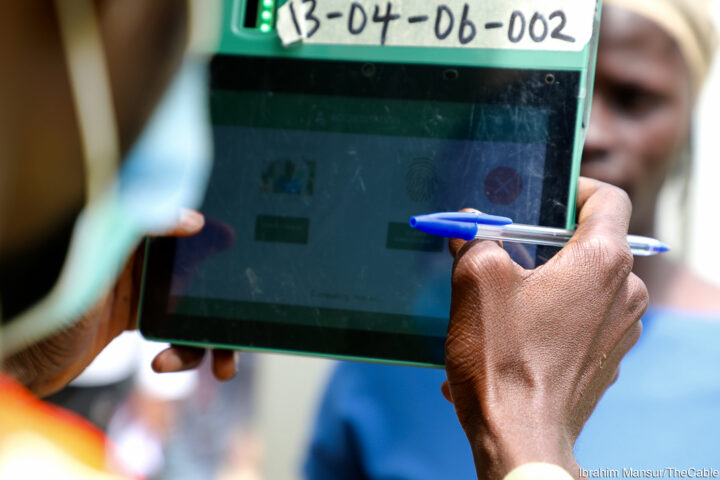Wole Soyinka, the Nobel laureate, says Godwin Emefiele, governor of the Central Bank of Nigeria (CBN), “committed crime against humanity” with the naira redesign policy.
The acclaimed author spoke in an interview with Channels TV on Monday.
In October 2022, the CBN governor announced the plan to redesign the naira to control money supply and aid security agencies in tackling illicit financial flows.
The redesigned naira notes were unveiled on December 23, 2022.
Advertisement
The deadline for the implementation of the policy was fixed for January 31, 2023, but it was further extended to February 10.
The withdrawal of the old notes resulted in a scarcity of cash in the country, causing hardship for many Nigerians.
The cash crunch ignited protests in parts of the country as Nigerians struggled to obtain the limitedly available new naira notes.
Advertisement
On February 3, a suit was initiated by Kaduna, Kogi, and Zamfara before the supreme court challenging the implementation of the policy.
Commenting on the policy, Soyinka described it as a “crime” that was “beyond even any electoral mago mago [misdeed]” that happened during the just concluded general election in the country.
He added that President Muhammadu Buhari must also share in the blame for the ripple effects of the policy.
“Don’t bully me. Don’t take my voice away. Don’t take my economic potential away, my economical entitlements. Don’t throw me on the mercy of people like Emefiele,” the Nobel laureate said.
Advertisement
“He and his boss, Buhari, because ultimately, responsibility rests with him [Buhari] to have allowed this to happen. But he [Emefiele] is the expert. He’s the one who gives the advice, he’s the one who executes the policies.
“Emefiele has committed a crime against humanity, over and beyond even any electoral mago mago [misdeed].
“He struck at the heart of the subsisting survival principles, minimal needs and entitlements of the ordinary people in the street.
“You can’t buy a newspaper. You can’t buy guguru [popcorn] and epa [groundouts], which means that you cannot pay for the plantain; which means that the farmer cannot even pay for transportation of the goods from his farm to the [markets].”
Advertisement
The supreme court on March 3 invalidated the policy and held that the old N200, N500 and N1000 notes remain legal tender until December 31, 2023.
Advertisement
Add a comment






